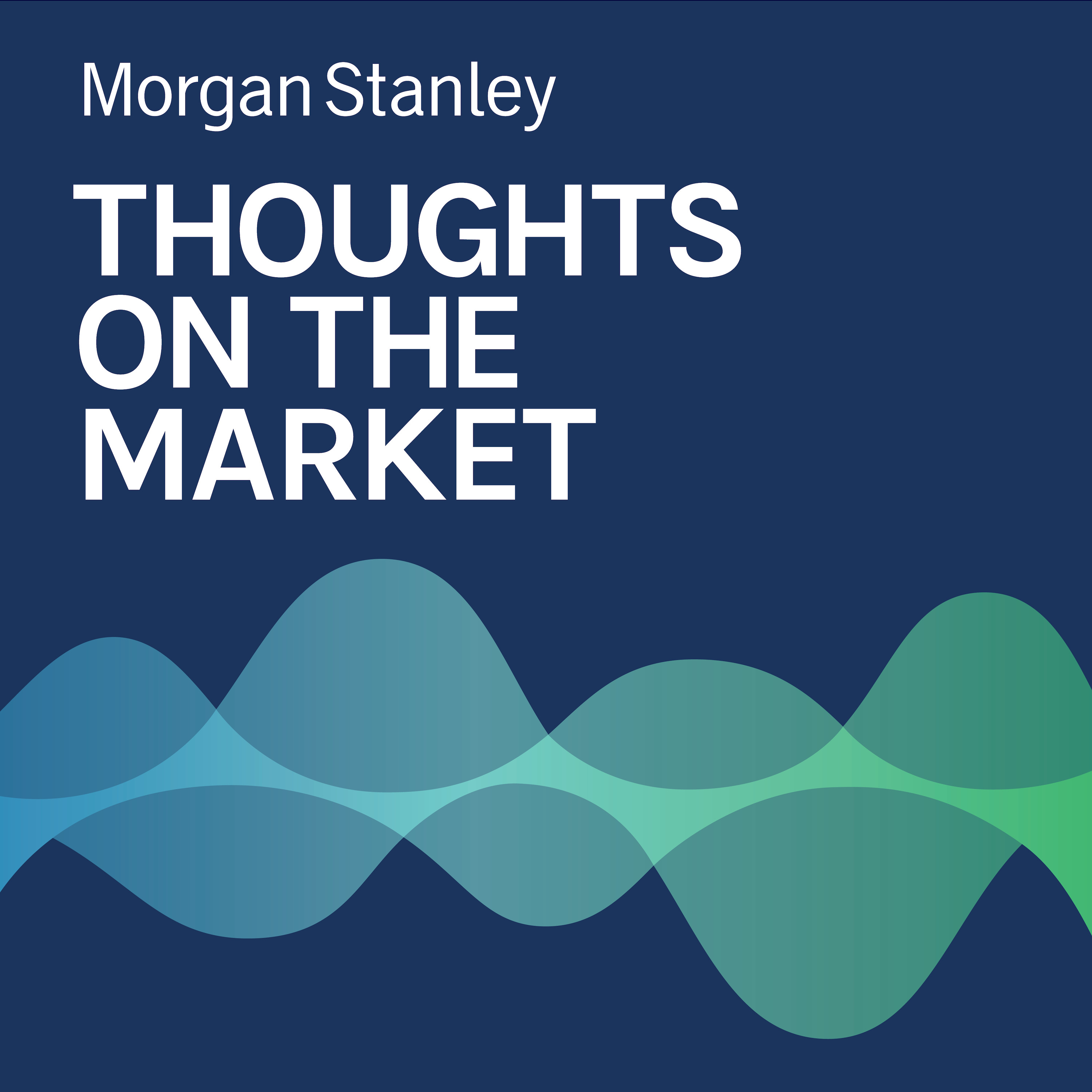Andrew Sheets: Are Central Banks Making a Mistake?

b"
In the years since the Global Financial Crisis, central bank policy has been supportive and predictable. But as the economic backdrop changes, shifts in policy will come with risks and rewards.
-----Transcript-----
Welcome to Thoughts on the Market. I'm Andrew Sheets, Chief Cross-Asset Strategist for Morgan Stanley. Along with my colleagues bringing you a variety of perspectives, I'll be talking about trends across the global investment landscape and how we put those ideas together. It's Thursday, June 2nd, at 2 p.m. in London.
The period that followed the global financial crisis was filled with paradoxes. It was a period of serially disappointing economic growth, but exceptional asset class returns. Wealth exploded in relation to the economy, while capital investment withered. It was a period of such fragility that it demanded enormous policy support, yet produced remarkably consistent patterns of performance.
For example, in 9 of the last 12 years, growth outperformed value, bonds outperformed cash and stocks outperformed commodities. That consistency in performance was mirrored by consistency in the economy. Generally speaking, 2010 through 2021 saw low inflation, weak growth and central bank policy that was both supportive and predictable.
All of these trends are changing. Year to date, commodities have outperformed stocks, cash has outperformed bonds, and value has outperformed growth. The economic backdrop is also different; growth and inflation are high, capital investment is strong and global central bank policy has been more restrictive and less predictable.
These shifts have risks, but consider the alternative. Over the last decade, it was common to hear investors worry about the bogged down state of the global economy, with weak growth that required large monetary policy support as far as the eye could see. Low growth and low rates clearly were not optimal.
However, central banks are now adjusting their strategy. It's easy to argue that policy stayed too accommodative for too long. But hindsight is cheap and easy. What matters now is that policy is normalizing in a significant way.
More importantly, these shifts are accomplishing central bank goals. Markets assume that central banks in the US, the eurozone and Australia can raise interest rates further without material economic declines. Inflation expectations are now falling, the housing market is cooling and credit risk premiums are back near the long run average, all the while labor markets in the US and Europe remain strong.
In short, there is a lot of talk about whether central banks are making a mistake, especially given the recent market volatility. But looking at the results overall, we suspect central banks are reasonably happy with how things are going so far.
Thanks for listening. Subscribe to Thoughts on the Market on Apple Podcasts, or wherever you listen, and leave us a review. We'd love to hear from you.
"